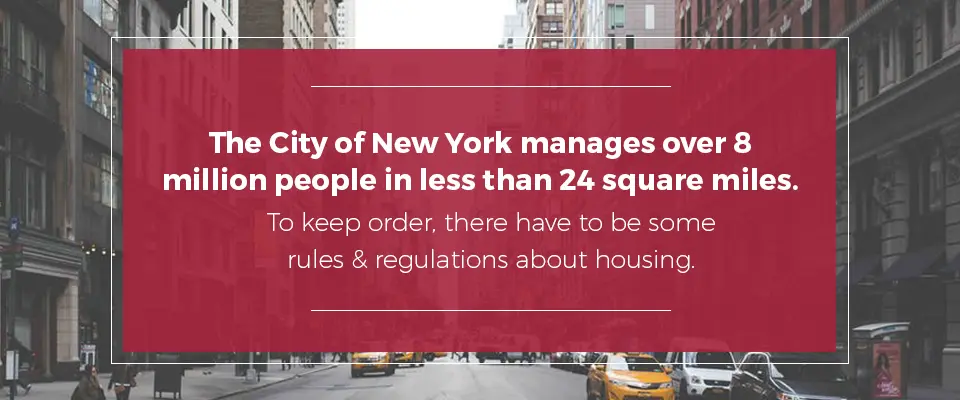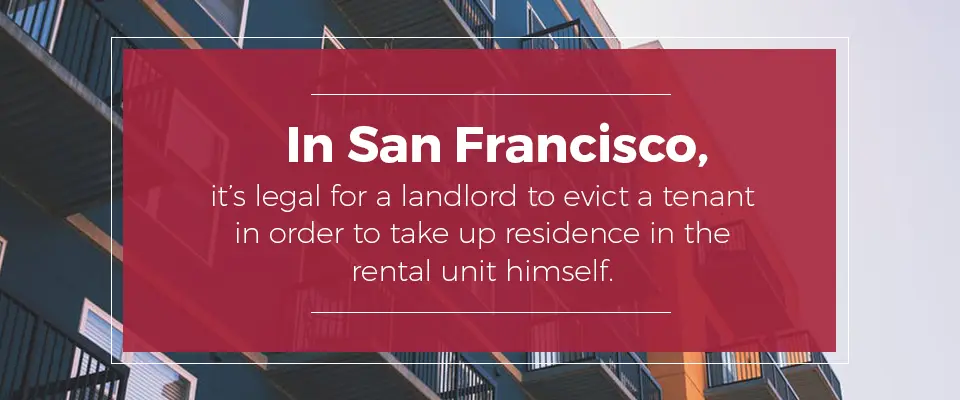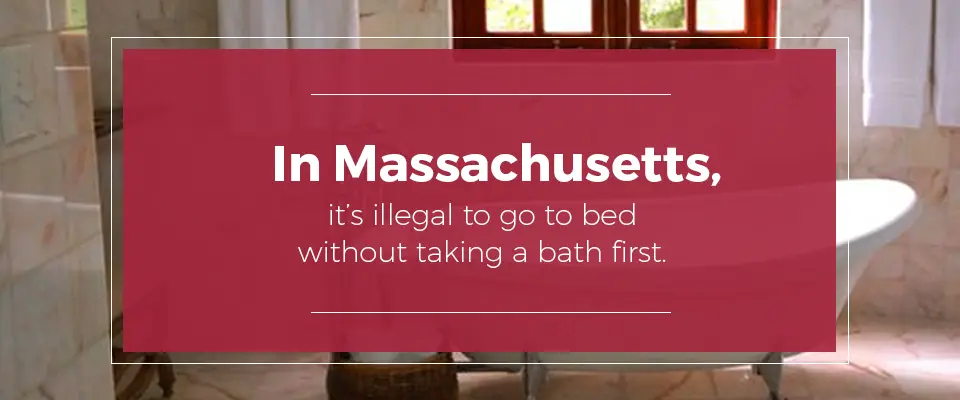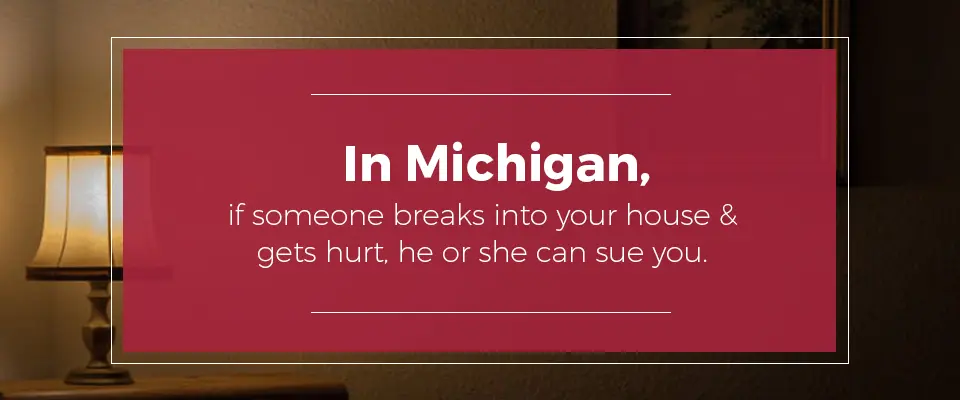

Modern housing laws are meant to organize urban areas, provide fair access to housing for everyone, and protect the good and safety of the community. There are various purposes for housing laws, so sometimes they seem conflicting or downright confusing. At their heart, housing laws across the country are meant to improve living conditions for everyone.
Some laws or local ordinances are borne out of experience. Someone does something that no one anticipated and a regulation is drafted to prevent it from ever happening again. Other laws are drafted out of necessity and not updated as times change. In many older cities, you can find laws on the books that refer to horses and other outdated forms of transportation.
Older laws are funny to consider in the context of modern times. Some of the other strange laws are especially interesting when you imagine what situation prompted them to be implemented. Why, for instance, were lawmakers concerned about the use of clawfoot tubs or people brewing their beer at home?
Many people across the country who are not accustomed to the New York City lifestyle find it strange. There are some laws on the books that even the NYC natives would agree are outdated and a little odd. One such law prohibits the cohabitation of more than three people from different families in the same apartment. You can imagine this probably stemmed from the problems of tenement housing almost a century ago. Today, rents are high in New York City and some people are willing to bunk with total strangers simply to have a roof over their heads. Sadly, modern landlords use this law to evict groups of poor immigrants when nothing else will work.
Meanwhile, in a swanky neighborhood in Brooklyn, it is still legal to keep cattle and swine in the backyard. The only provision is that the livestock be secured with a sturdy fence. If you want to anger your neighbors in Williamsburg, try getting a pig for the yard. Despite their protest, they will not have legal grounds to evict you or your pet.
Typical barnyard animals like roosters, turkeys, geese and ducks are prohibited in areas of New York City where there are buildings, so they would be everywhere today. This makes sense because several acres of open farmland surrounded the urban area in the early 1800s. There is a loophole in the law, however, which is still on the books, to allow you to keep chickens inside your New York City home. These animals must be quieter than the others, and of course, they are a good source of eggs.

Other activities that might upset the neighbors are outlawed in New York City. For instance, it is illegal to hold a puppet show, perform a comedy skit or offer a dance recital in a window of your house or apartment. It is not clear what the writers of this law were afraid of. Perhaps they envisioned crowds gathering on residential streets to enjoy the arts. Or maybe they were trying to regulate how housing is used in the generation of income.
The City of New York manages over 8 million people in less than 24 square miles. To keep order, there have to be some rules and regulations about housing. The barnyard animals and puppet show concerns may be outdated, but at some point, they must have helped so many people live together harmoniously.
In the state of Ohio, it is illegal for more than five women to live together in a house. A bunch of women in one house raises concerns about prostitution, at least for the writers of this law. One can only assume they meant to curb the size of brothels, although it is not clear why five is so much worse than four. For Ohio residents planning large families, it is a good idea to hope for some boys. After the fourth girl, you are going to have to stop having babies until one grows up and moves out.
The definition of a brothel in Pennsylvania is more than 16 women living together in one house. It that state, it is illegal for 16 women to live together. Ohio is more conservative than Pennsylvania. Hopefully, the houses are bigger in Pennsylvania, too.
In Tennessee, more than eight women cohabiting is against the law. It is interesting how several states chose to solve the problem of brothels the same way, but they do not agree on the basic definition. In Ohio, it was five women living together. In Pennsylvania, it is 16, and in Tennessee, it is eight. If you plan to live with female roommates, it is a good idea to check the legal limits in your state, so you’re not accused of participating in a brothel.
In one Ohio city, there are severe restrictions on furnishing your outhouse. It is not legal to either install or use a slot machine in an outhouse. This might pose a problem for gambling addicts who do not have indoor plumbing. Maybe the restriction on slot machines in outhouses was intended to cut down on gambling addictions. Certainly, there is enough risk involved in simply entering an outhouse, especially after dark, without adding any games of chance.
Another state with strange laws about home furnishings is Oklahoma. Residents of that state pay taxes on their personal belongings, including the furniture in their house. In the case of adults cohabitating but filing separately, it is unclear how that property is distributed or if there is any double-dipping on the part of the state by collecting taxes from two people on the same items.
If you live in the state of Washington, furnishing your home could be difficult on Sundays. In that state, it is illegal to buy a mattress on Sunday. You should plan your decorating projects carefully to avoid violating the law. If you discover you need a new mattress on Sunday, you’ll need to wait until Monday to make the purchase.
From snoring to home repairs and safety, there are many housing issues regulated by law. Whether they make sense or not, the following laws are currently on the books in various states:



A sampling of the strange housing laws on the books in various municipalities across the country provides much entertainment. If you do some research into your own state, you will probably find law laws that are a bit confusing or weird. To avoid violating any strange housing laws, work with a builder, developer and property manager who is aware of the housing regulations in your area.
Triple Crown Corporation is a professional housing corporation that can handle your housing needs. When you are ready to make a move or you want to see your available options, contact Triple Crown Corporation for a new apartment.